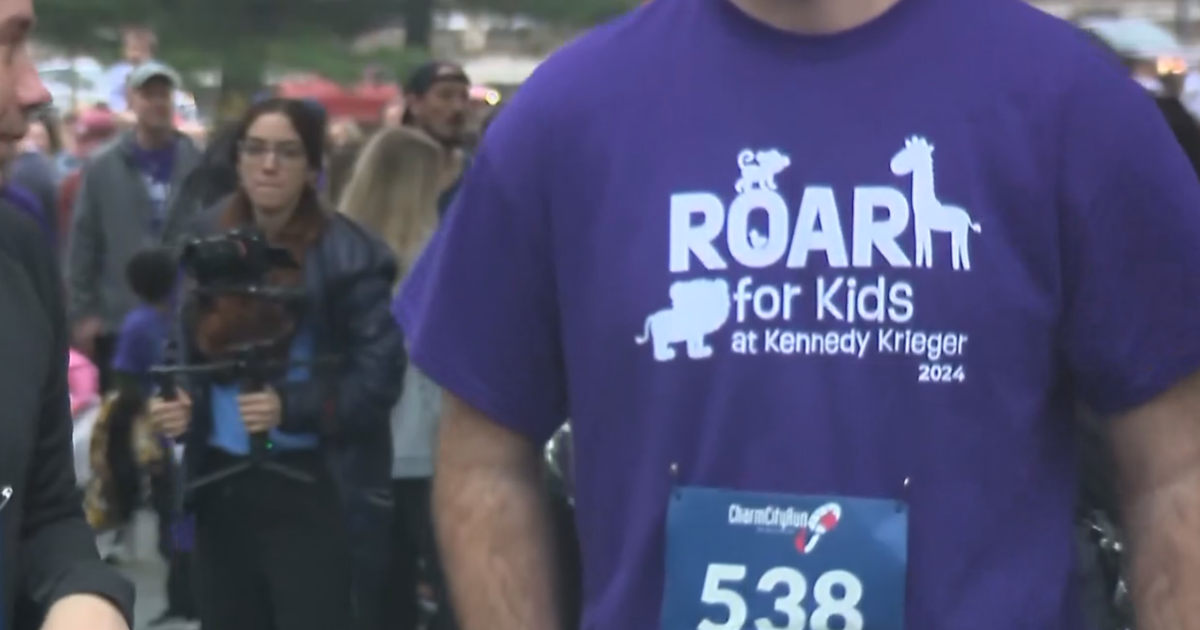Baltimore Students, Scientists Prepare For March For Science On Washington
BALTIMORE (WJZ) -- On Saturday, Scientists are marching on Washington, and more than 400 other cities across the globe entering the political arena, as the White House threatens to cut money from climate programs.
Kimberly Eiten spoke with scientists and students in Maryland, who want to make sure they are a part of the policy conversation.
They'll be among the 150,000 people expected to converge on D.C. tomorrow to raise public support for science and fight funding cuts.
Inside a UMBC classroom Friday night, student scientists prepare for an experiment in democracy.
Making their messages heard, or read, amid the 150,000 people expected to march on Washington's National Mall Saturday.
Barriers and stages set, for the 2017 March for Science.
"We want to make sure our voices are heard and we have a seat at the table when it comes to science in general," says Erwin Cabrera, Ph.D., with the Meyerhoff Scholars Program.
They're not alone.
Scientists across the world will leave laboratories and classrooms Saturday to march in 400 cities around the globe.
The movement, fueled on social media, much like the Women's March in January, brought in half a million people to the Capitol.
Scientists tell WJZ, the message is political but it doesn't toe any party line.
"Science is inherently political. Our government uses science all the time," says Pamela Abshire with IEEE, Institute of Electrical and Electronics Engineers.
They say this is something that's being threatened by the current administration, dating back to President Trump's days on the campaign trail.
"It's time to put America first. We're going to put america first. That includes a promise to cancel billions in climate change spending for the United Nations," says President Trump.
For marchers, concerns include an 18 percent, or six billion-dollar-cut in funding to the National Institutes of Health.
Marchers are also concerned by President Trump's denial of established science, like the threat of climate change, as well as his changing immigration policy. Foreign-born scientists fill nearly half of all postdoctoral research positions.
"Science is always political, but people don't see the role that it plays in politics and policy. What we should be doing is have the best possible scientific evidence and fact to guide that policy," says Abshire.
She also says, the march is a celebration and a way to remind people of the role of science in our society. And of course, the march falls on earth day.
The March in Washington starts at 2 p.m. this afternoon.
Follow @CBSBaltimore on Twitter and like WJZ-TV | CBS Baltimore on Facebook



